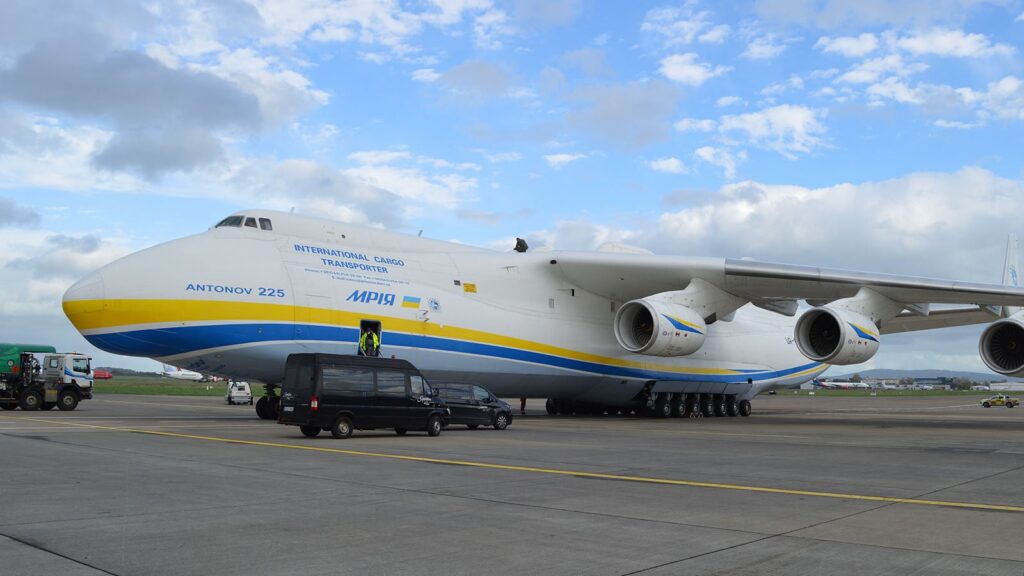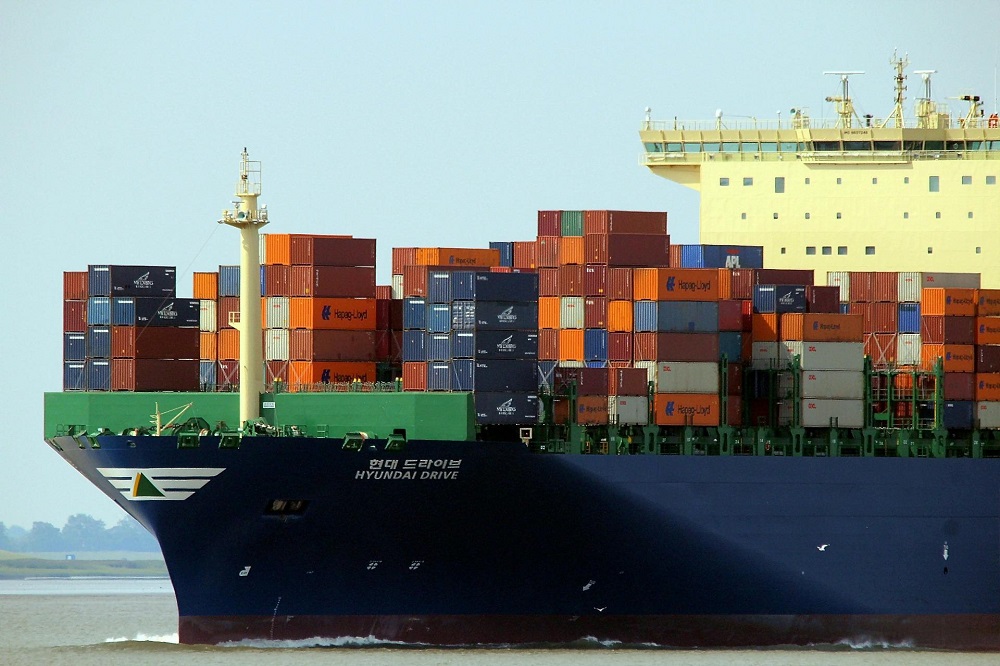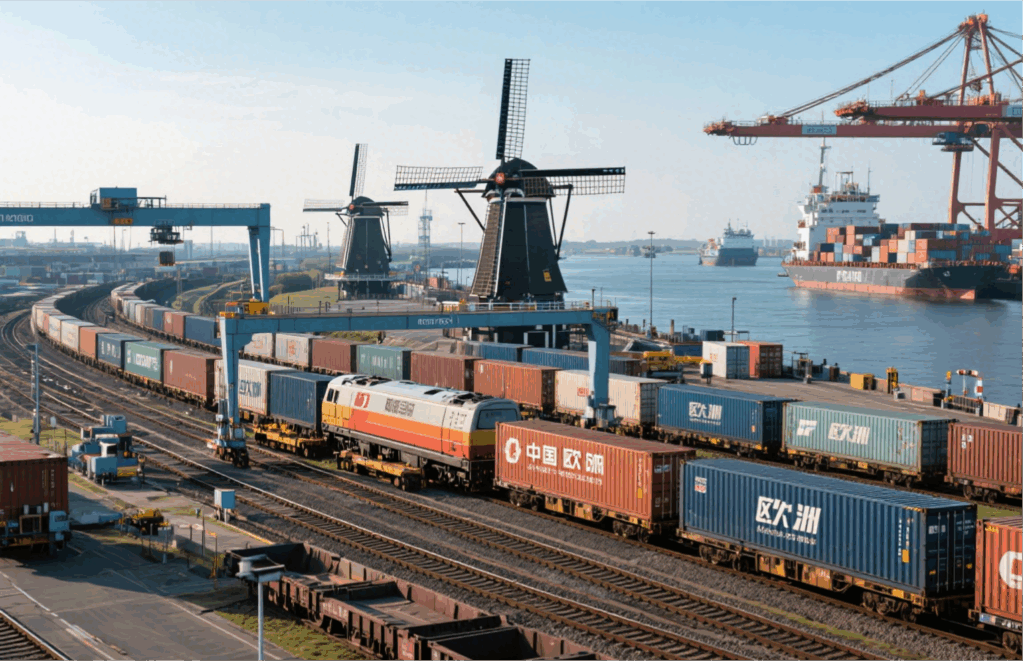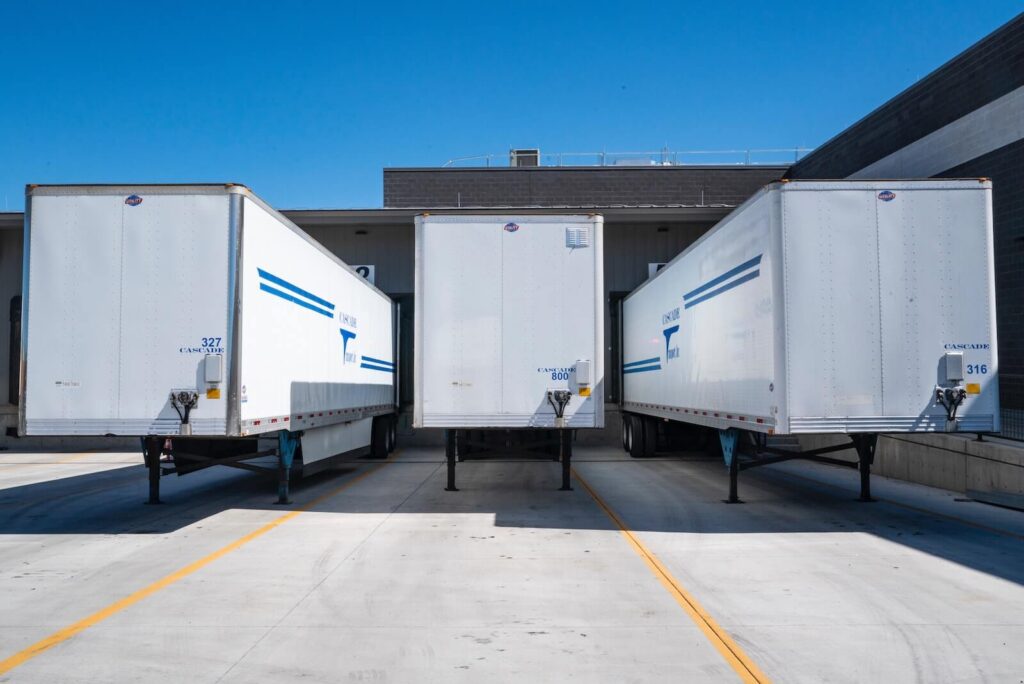- By Della tj
- November 10, 2025
- Customs Brokerage, Shipping
Table of Contents
Businesses shipping between China and Europe increasingly rely on trusted customs clearance from Shenzhen to France to ensure smooth, compliant, and predictable import processes. Although customs procedures can be complex, a professional approach eliminates delays, reduces risk, and maintains efficient supply chain performance.
What Makes Trusted Customs Clearance From Shenzhen to France Essential?
Many importers struggle with French customs rules, varying VAT obligations, and strict product compliance requirements. Although logistics providers offer basic transportation, trusted customs clearance from Shenzhen to France ensures every step—from documentation to taxes—is handled correctly. Moreover, accurate HS code classification and transparent duty calculations help businesses avoid unexpected inspections and delays.
Table: Shipping Method Comparison
| Method | Transit Time | Cost Level | Strengths | Weaknesses |
|---|---|---|---|---|
| Air Freight | 5–9 days | Medium-High | Fast, reliable | Costlier |
| Sea Freight | 28–40 days | Low | Cheapest for bulk | Slow |
| Rail Freight | 18–25 days | Medium | Balanced cost/time | Limited oversize |
| Express Courier | 3–5 days | High | Fastest | Expensive |
Additionally, France’s customs system imposes strict rules on product certification, safety standards, and VAT declarations, making experienced customs handling essential.
How Much Does Customs Clearance Cost for Shipments to France?
Clearance fees vary depending on cargo category, product value, duty rates, transport mode, and whether the service includes DDU or DDP handling. Although costs differ between providers, typical charges remain consistent across industries.
Table: Estimated China–France Customs Costs
| Service Type | Estimated Cost |
|---|---|
| Standard Import Clearance | €45 – €85 |
| Duty & VAT Processing | Based on HS code |
| DDP Customs Charge | €50 – €120 |
| Document Review Fee | €20 – €40 |
| Inspection Support | €30 – €60 |
Furthermore, correct classification under the TARIC system ensures accurate duty calculation and eliminates unnecessary overpayment.
How Long Does Customs Clearance Take in France for China Shipments?
Transit time depends on shipping mode, customs workload, and the quality of submitted documentation. Although air shipments clear faster than sea shipments, poor paperwork may extend the process.
Table: Transit Time by Transport Mode
| Mode | Average Transit Time |
|---|---|
| Air Freight | 5–9 days + 1–2 days clearance |
| Express Courier | 3–5 days + same-day clearance |
| Rail Freight | 18–25 days + 1–3 days clearance |
| Sea Freight | 28–40 days + 2–4 days clearance |
Additionally, ensuring proper CE certification for electronics, machinery, or medical items prevents customs red-flag inspections.
What Documents Are Required for Customs Clearance in France?
Accurate documentation forms the foundation of smooth clearance. Although requirements vary by product type, the most essential documents remain consistent across all shipments.
Table: Mandatory Document Checklist
| Document | Purpose |
|---|---|
| Commercial Invoice | Declares product value and tax basis |
| Packing List | Confirms weight, quantity, dimensions |
| HS Code | Determines duty, VAT category |
| CE Certificate | For electronics, machinery, toys |
| Certificate of Origin | Required for certain goods |
| MSDS | Required for chemicals or battery items |
| Air/Sea Waybill | Official transport document |
Moreover, consistency between invoice, packing list, and HS codes significantly reduces inspection risks and helps importers avoid penalties.
Why Choose Professional Customs Clearance Instead of Handling It Yourself?
French customs regulations include detailed rules on labeling, packaging, product testing, value declaration, and VAT processing. Although importers may attempt self-clearance, errors can trigger delays, fines, cargo holds, or compliance violations. Meanwhile, professional clearance ensures accuracy and efficiency.
Table: Pros and Cons of Different Clearance Methods
| Method | Pros | Cons |
|---|---|---|
| Expert Clearance | Fast, accurate, low risk | Service fee |
| Self-Clearance | Cheapest option | High error risk |
| DDP Service | Most convenient | Slightly higher cost |
| Broker-Assisted Clearance | Reduces workload | Depends on broker quality |
Additionally, professional agents provide guidance on France’s REX system, duty relief programs, and import compliance for regulated items.
Real Case Studies of Customs Clearance From Shenzhen to France
Case 1: Shenzhen → Paris (Electronics, 260 kg)
Transport Mode: Air Freight DDP
Cost: €1,620 total
Transit Time: 8 days
This shipment contained consumer electronics requiring CE certification. Smooth customs clearance prevented delays and allowed rapid warehouse entry.
Case 2: Shenzhen → Lyon (Industrial Components, 4.2 CBM)
Mode: Sea Freight + Onward Trucking
Cost: €1,380 total
Transit Time: 34 days
The importer needed durable packaging and accurate HS codes to ensure a seamless clearance process.
How to Reduce Customs Delays for Shipments From Shenzhen to France
Importers can shorten clearance time and minimize risk by following best practices. Although French customs is strict, preparation eliminates most issues.
Delay-Reduction Strategies
- Ensure invoices include full product descriptions
- Use correct HS codes validated by customs experts
- Provide CE certificates where required
- Avoid undervaluation, which triggers inspections
- Pack goods securely to avoid damage checks
- Enable pre-arrival document submission
Additionally, coordinating with a dedicated customs specialist helps maintain compliance with French regulatory standards.
How to Choose a Trusted Customs Clearance Provider in Shenzhen
Selecting the right logistics partner ensures strong documentation, fast clearance, and predictable delivery performance. Although many companies offer basic clearance, only experienced forwarders deliver stable, efficient China–France processing.
Key Qualities of a Professional Clearance Provider
- Strong expertise in French import regulations
- CE, MSDS, and compliance support
- Transparent duty and VAT calculation
- Experience handling electronics, textiles, and industrial goods
- Direct coordination with French customs brokers
- Proven Shenzhen–France clearance performance
Moreover, choosing a forwarder with DDP capability ensures complete handling from pickup to doorstep delivery across France.
Conclusion
Choosing trusted customs clearance from Shenzhen to France ensures accurate documentation, efficient transit, and full compliance with French import rules. Although customs procedures can be complex, proper preparation, professional handling, and strong logistical coordination reduce risks and guarantee smoother international shipping. By partnering with a skilled clearance provider, businesses can streamline supply chain operations and maintain reliable import performance.
Request a Quote
Need a tailored solution for your shipping from China?
Let TJ China Freight Forwarder assist you with reliable, cost-effective service.
FAQ:
Q1.How can I avoid delays during French customs clearance?
Providing correct HS codes and complete documentation ensures faster clearance for goods moving through trusted Shenzhen to France customs processes.
Q2.Do CE certificates help with customs clearance in France?
Yes, CE documents support compliance for electronics and machinery, ensuring smoother customs clearance during China-to-France import shipments.
Q3.Can small shipments benefit from professional clearance services?
Professional clearance helps even small parcels by ensuring accurate paperwork and stable delivery schedules across Shenzhen-France trade routes.
Q4.What happens if product value is declared incorrectly?
Incorrect values trigger inspections, delaying reliable Shenzhen-France customs clearance and increasing duty obligations for importers.
Q5.Do rail shipments require the same documents as air shipments?
Rail, air, and sea shipments require similar core documents, supporting standardized clearance for China-France transportation flows.





